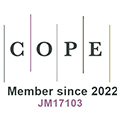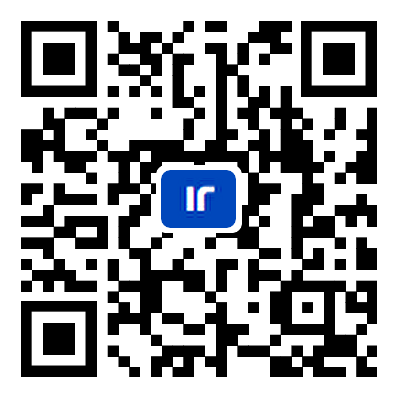Figure6

Figure 6. Common types of information collected include: (A) physiological data refers to the biological information that reflects the functions and processes of the human body, such as heart rate, blood pressure, body temperature, respiratory rate, and ECG readings; (B) mental data refers to information related to an individual's emotional states, encompassing aspects of mental health, mood, and psychological well-being; (C) ability data refers to information that captures an individual's capabilities, reflecting how well a person can execute certain functions, which can be physical, such as motor skills, or cognitive, such as problem-solving abilities; (D) cognitive data refers to information related to an individual's reason processes involved in acquiring knowledge, problem-solving, memory, attention, and decision-making; and (E) action data refers to information that captures an individual's physical movements, behaviors, or actions in response to stimuli or within a specific environment. ECG: Electrocardiogram.








